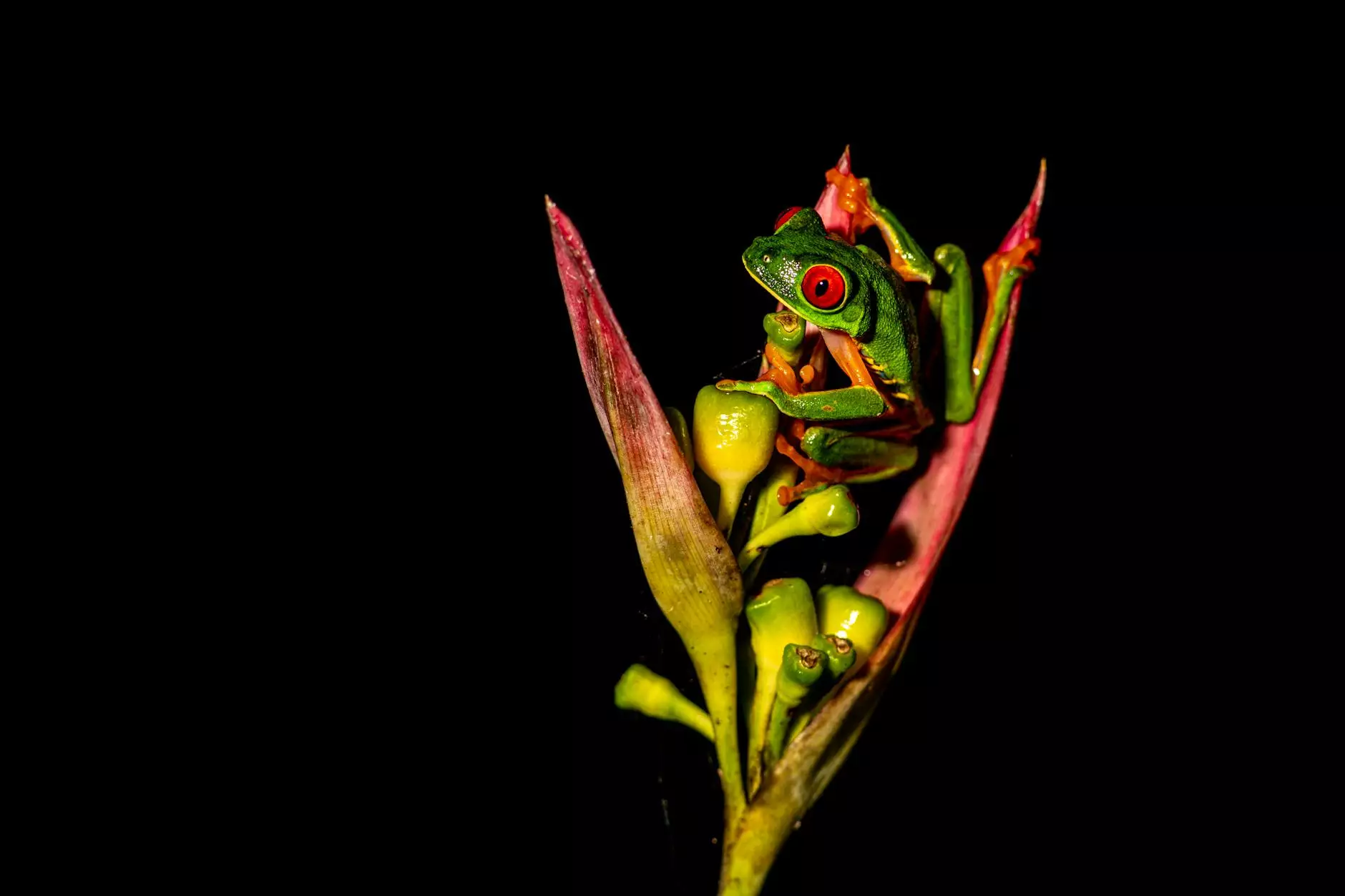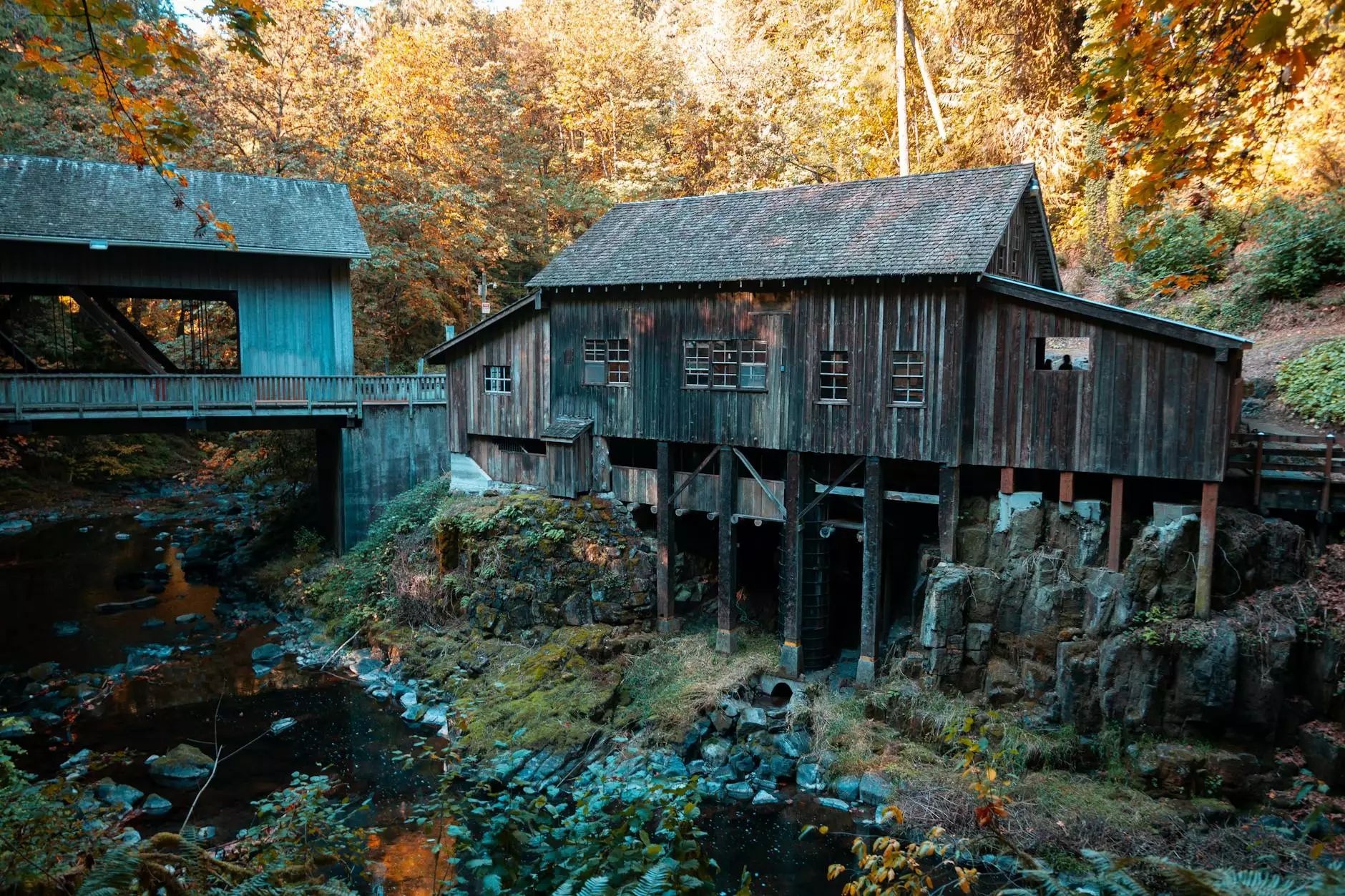Can Lobsters Die of Old Age?

The Fascinating Biology of Lobsters
Lobsters are one of the ocean's most intriguing creatures, often revered for their culinary value and rich flavor. However, their biology and life cycle are equally fascinating. Lobsters are decapod crustaceans belonging to the family Nephropidae, and they play a crucial role in marine ecosystems. Learning about their biology can provide insight into the question of whether lobsters can die of old age.
Adult Lobster Characteristics
Adult lobsters possess a hard exoskeleton and can grow to impressive sizes. They have ten legs, including large claws that are used for defense and foraging. Their color ranges from dark blue-green to bright red, especially after cooking. One remarkable aspect of lobsters is their ability to regenerate lost limbs, a survival mechanism that helps them evade predators.
Lobster Life Cycle
The life cycle of a lobster is a complex journey that undergoes several stages:
- Egg Stage: Female lobsters can produce up to 100,000 eggs in a single spawning event. The eggs, fertilized by the male, stick to the female until they hatch.
- Larval Stage: After about nine months, the eggs hatch into larval lobsters called phyllosomes, which are transparent and drift in the ocean currents. This stage lasts several months.
- Juvenile Stage: Juvenile lobsters settle on the ocean floor, where they begin to develop the features of adult lobsters. This stage lasts for about 3 to 5 years.
- Adult Stage: Once they reach maturity, lobsters can live for several decades if conditions are favorable.
Longevity and Aging in Lobsters
Now, let's delve into the crucial question: can lobsters die of old age? Biologically, lobsters are unique in that they do not exhibit signs of senescence, or aging, like many other animals. They continue to grow and reproduce throughout their lives, which leads to the notion that they may not die of old age in the traditional sense.
Telomeres and Lobster Longevity
One of the fascinating aspects of lobster biology is their telomere structure. Telomeres are protective caps on the ends of chromosomes, and in many living organisms, they shorten with age, ultimately leading to cell death. However, lobsters have shown the ability to maintain their telomere length, which suggests they can potentially avoid the biological aging process. This could explain why some scientists believe lobsters might be biologically immortal.
Environmental Factors Affecting Lobster Lifespan
While lobsters might have the potential for extended life spans, they are not immune to external threats. Various environmental factors can significantly impact their lifespan:
- Predation: Despite their defenses, adult lobsters are still preyed upon by larger fish and marine mammals.
- Habitat Loss: The degradation of marine ecosystems due to climate change, pollution, and human activity can adversely impact lobster populations.
- Disease: Lobsters are vulnerable to diseases and parasites that can shorten their lifespan.
- Fishing Pressure: Overfishing and improper management can lead to population declines, affecting the age structure of lobster communities.
Myths vs. Facts: Busting Lobster Aging Myths
There are many myths surrounding the aging process of lobsters. Let's examine a few of the most common ones:
- Myth 1: Lobsters experience traditional aging like most animals.Fact: As discussed, lobsters do not seem to age in the same way most organisms do.
- Myth 2: All lobsters die from old age.Fact: Lobsters commonly fall victim to predation, disease, and human impacts before reaching old age.
- Myth 3: Lobsters are still young at 50 years old.Fact: In the wild, it is unlikely for a lobster to reach such an age due to various threats, despite their potential for longevity.
Conclusion: Understanding Lobster Biology and Lifespan
In summary, while the question of can lobsters die of old age presents an intriguing insight into marine biology, it becomes clear that lobsters possess unique characteristics that blur the lines of traditional aging. While they may not die of old age in the conventional sense, their lifespans are still significantly influenced by environmental factors, predation, and human activities.
Understanding the biology of lobsters not only enhances our knowledge of these remarkable creatures but also raises awareness about the importance of marine conservation. By protecting their habitats and ensuring sustainable fishing practices, we can help lobsters thrive for generations to come.
Further Reading and Resources
- Restaurants
- Art Galleries









